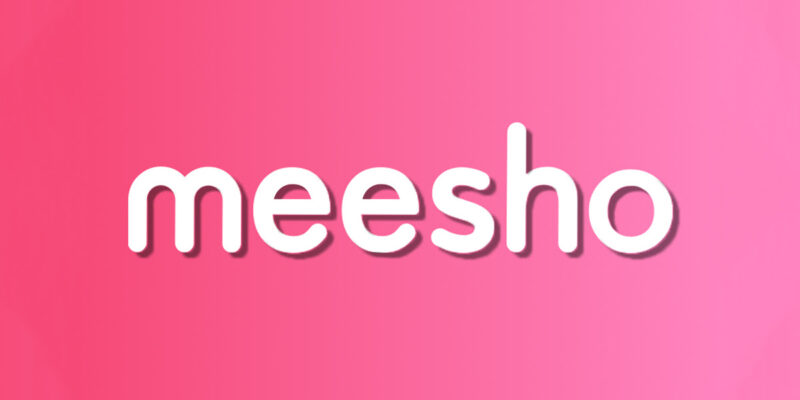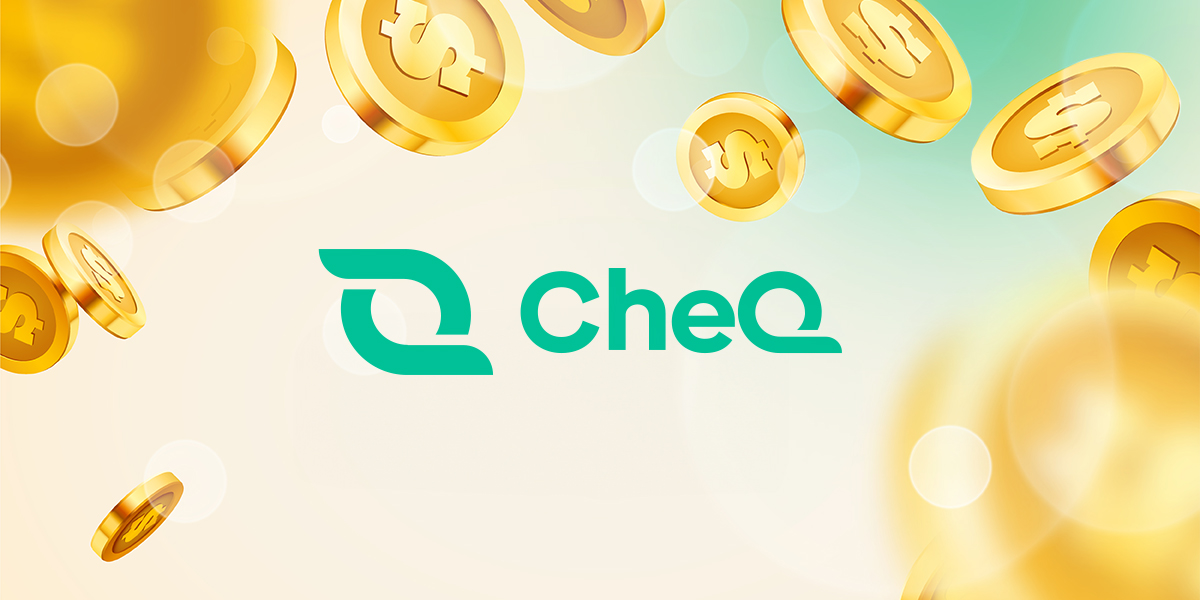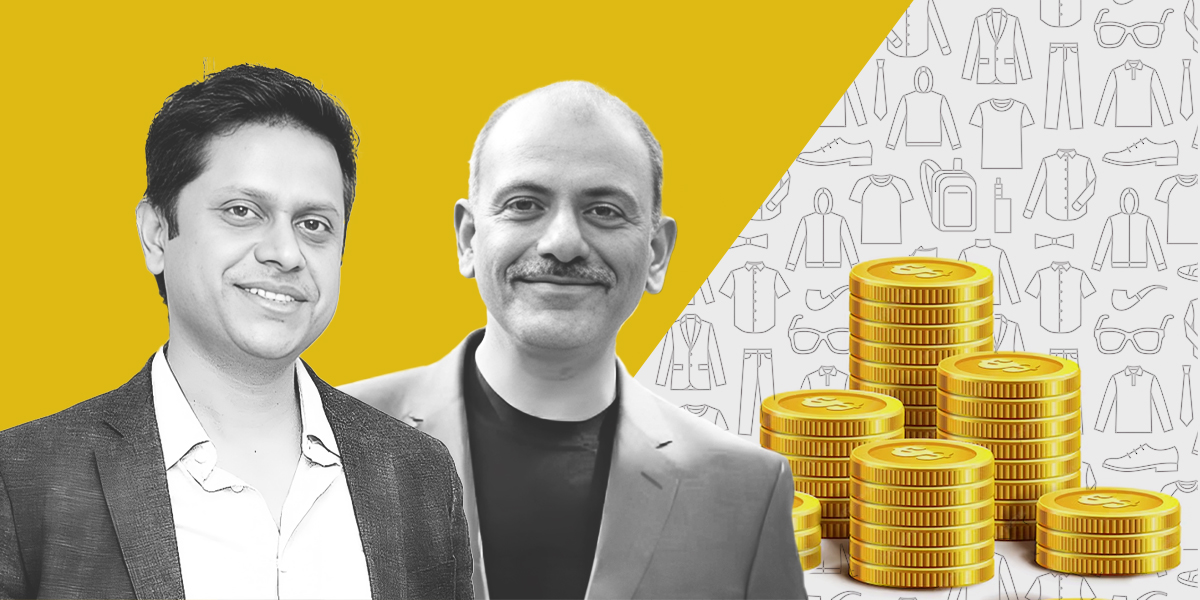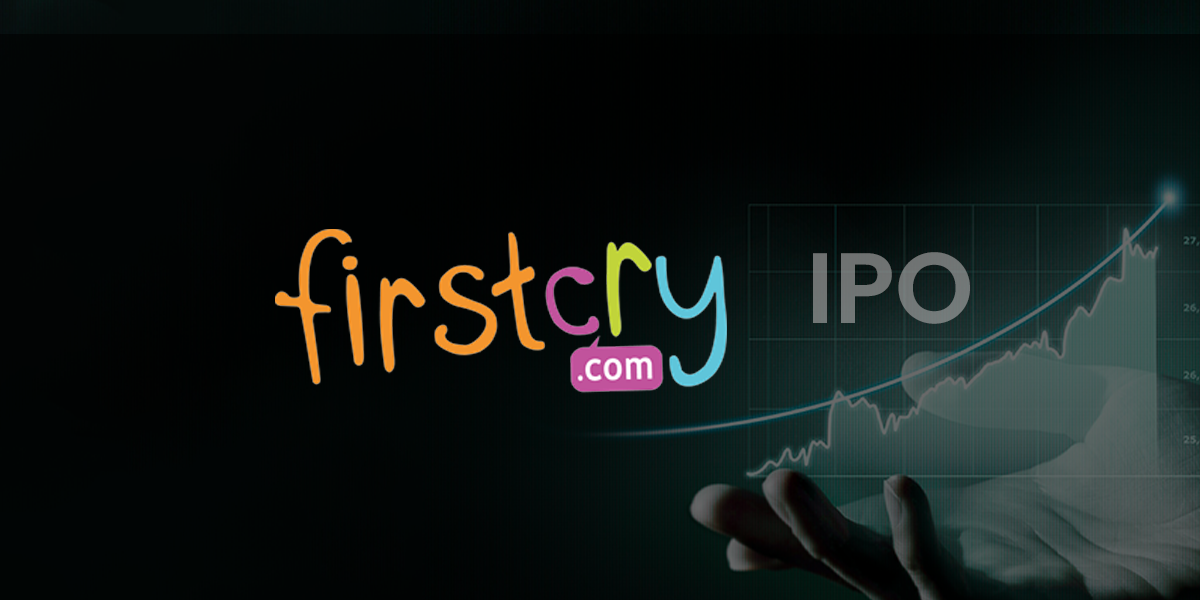One consequence of Meesho’s social commerce model, where any merchant can set up their storefront on the platform, is that several sellers are selling what appear to be counterfeit goods. A review by Entrackr found that big brand name products from companies like Rolex, Titan, Gucci, Adidas, Nike and Ray-Ban were found to have prices several times lower than the products’ maximum retail price.
In a 40 page complaint to the Central Consumer Protection Authority, advocate Ajay Kumar Singh claimed to have purchased and received multiple of these products from Meesho sellers that indeed turned out to be counterfeit. Entrackr has seen a copy of the complaint, and has reached out to the CCPA for information on the action it has taken on it.
This is not a problem Meesho has been alerted to recently, either. The company had an FIR filed against it in Lucknow for counterfeit Rolex watches on its platform in early 2021. (A search for Rolex doesn’t appear to surface any watches now.)
Counterfeit products are a problem across the e-commerce industry, but the apparent extent of the problem on Meesho appears to indicate an inability to scale efforts to combat it at the same speed that the company scaled up from a reseller platform to a full-fledged e-commerce platform.
The extent of the problem is this: for several brands that aren’t officially selling on Meesho, Entrackr was able to find apparently counterfeit products in the very first page of search results on the platform, and oftentimes the very first result was such a listing. Entrackr presented some examples to Meesho, which took the listings down upon being reached out for comment; other listings we had reviewed continue to remain available on the platform. One apparently counterfeit listing, the complaint to the CCPA alleged, even had a ‘Meesho Trusted’ label.
“Meesho is compliant with applicable laws and regulations as required of an e-commerce marketplace. Sellers selling their products through our marketplace are solely responsible for product compliance,” a spokesperson for the startup told Entrackr, adding that counterfeit goods are against its intellectual property policy, and that users can complain to the company about such listings. (The policy in question only appears to authorize rights holders, i.e., the brands being imitated; as opposed to customers.)
“All products sold on Meesho undergo checks to ensure quality and authenticity. We currently have a two-pronged approach to identify and curb the sale of counterfeits, comprising manual checks and robust data science technologies leveraging image-based recognition as well as text-based matching. Products and catalogues not meeting the benchmarks are delisted using predefined protocols and processes,” the company added.
But these systems don’t appear to catch everything. Counterfeit Ray-Bans still appear available on the website, and that’s just one of the brands we cited to Meesho in our queries to them.
Of course, larger and more established e-commerce platforms have a counterfeit problem, too. Flipkart’s Shopsy, for instance, had heavily discounted Aviators and Bvlgari cologne. But the listings are not as readily accessible from the top to the extent they are on Meesho. For instance, looking up “Rolex” on Shopsy and Amazon surfaces books about the company before surfacing apparent counterfeits that disguise the brand name somehow.
Flipkart did not respond to a request for comment.
“In 2020 alone, we invested over $700 million and dedicated more than 10,000 employees to stopping fraud, counterfeit, and abuse. Our investments are working. In 2020, less than 0.01% of all products sold on Amazon received a counterfeit complaint from a customer,” Amazon said in a statement to Entrackr. “Any rights owner can enroll in Amazon Brand Registry to get access to a set of powerful tools that help them manage and protect their brand and intellectual property rights on our marketplace. Brand Registry is a free service and more than 500,000 brands are already enrolled.”
The company pointed to Project Zero, a program to minimize the incidence of counterfeit goods on Amazon’s marketplace.
Meesho’s last round of investment valued it at $4.9 billion, and yet its efforts to clean up fraud on its platform seem lacking. One expert on counterfeits in India that Entrackr spoke to suggested that a push against counterfeits would have to come from the companies whose goods are being imitated.
However, the problem of counterfeits ultimately impacts consumers, who end up with low quality products and lost time, even if they are able to return their purchases for a refund.
This quality blind spot is one of the many issues plaguing Meesho in the past few months, even as other social commerce firms get purchased and consolidated into large e-commerce players and existing unicorns (Amazon acquired GlowRoad recently, for instance). This is a significant emerging competitive threat for the company in which problems like counterfeiting may harm its position.














